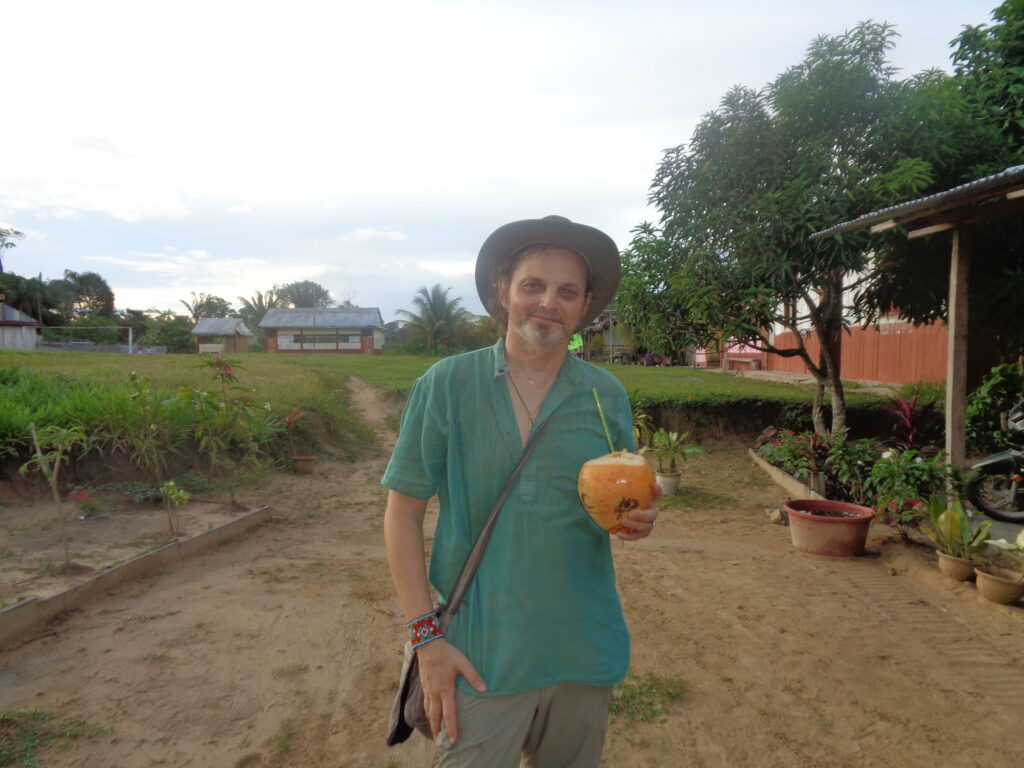Let’s Talk About Work and Mental Health
I am co-owner of a successful marketing research company that employs 45 people across the US, India, Ecuador, and Mexico. When I started ThinkNow with my business partner, Mario X. Carrasco, in 2011, I thought I needed to project a certain strength to inspire my employees and give them confidence in our leadership. Back then, most of my social media content focused on the firm’s achievements but very little on personal subjects like work/life balance.
A decade of business ownership and the past two years of the pandemic have taught me that leadership is more than projecting strength. Or rather, what is commonly considered to be strength. Over the years, I’ve found that empathy and vulnerability are in many ways stronger than the “grit” we’ve been conditioned to emulate. I’ve learned these lessons the hard way. I often worked 12-hour days early in my career and sometimes worked 36 hours straight. For the first couple of years after starting my firm, I worked seven days a week without taking a vacation. In retrospect, I see that much of my work was a thinly veiled attempt to run from my emotions.
Let me explain. At age 27, while working at Warner Bros., I lost my 60-year-old father to suicide. I knew he was depressed, so a couple of days before he died, I called him from work to see how he was doing. His response was to ask why I was wasting company time on a personal phone call and that I should get back to work. I wasn’t surprised since I had watched him put work and achievement before his physical and mental health his whole life. I wish I could say that I resolved then and there to put myself first, but the work habits I was taught were too ingrained. I spent the next 20 years burying myself in work to avoid the crippling anxiety I felt when I stopped.
Around four years ago, however, something changed. I was sitting alone in the stands at my daughter’s high school homecoming football game and realized I was intensely lonely. The decades of putting work first while neglecting friends and family had taken their toll. Within a few weeks of that evening, I was in therapy, had joined a men’s group and started making more time for family. I also resolved to bring my whole self to work and encourage my employees to do the same. That means we treat each other as human beings first, co-workers second. If someone has health or family obligations, we work around them. If they’ve experienced a personal tragedy, we create space for them to heal.
Interestingly, treating people like people instead of machines improves the quality of our work. I recently heard Wendy York, the College of Business Dean at Clemson University, summarize this idea as, “If you create a trusting environment, you create an innovative environment, and when you let people come to work as their whole selves they bring all sorts of talents, skills and passions.” We’ve seen this firsthand at ThinkNow. Many of our most successful products and services started as an idea that someone felt safe enough to share. Ideas need space to develop, and we give each other that space by listening to each other’s needs and making room for them. We have employees who work from home, some who live in motor homes and some who travel from country to country. Each of those options is the best for them, so it’s the best one for us.

Last month, I took a two-week vacation completely disconnected from e-mail and screens. I spent most of that time in the Peruvian Amazon. That’s not something I would have allowed myself to do four years ago. I did it because I recognized that I needed it. The pandemic has been wearing, and I knew that unless I recharged my batteries, I wouldn’t be able to contribute my whole self at home, with my friends or at work.
As Americans, we often don’t take vacations in fear that the work will suffer. As a business owner, I’m here to say that the work suffers if we don’t take vacations. I want our employees to know that I don’t judge them for taking vacations. It makes me happy to know that someone from my team is in Belize or Italy since I know they’ll be in a better headspace when they return.
These lessons came to me too late to share with my father. Hopefully, putting it out there now and normalizing the fact that we are humans with needs, not “workers,” will help someone turn off their work screens and turn their attention to themselves, friends and loved ones. The work will be there tomorrow. Your physical and mental health, friends and loved ones may not.